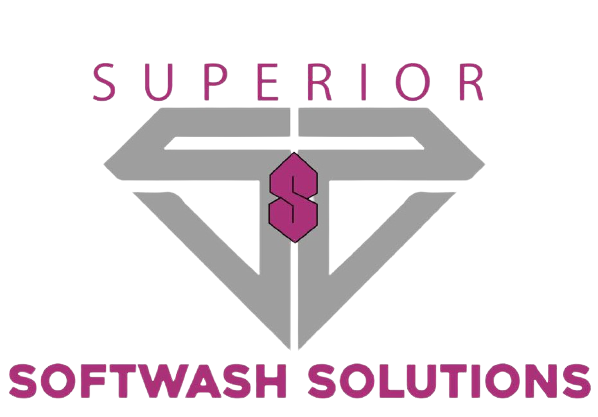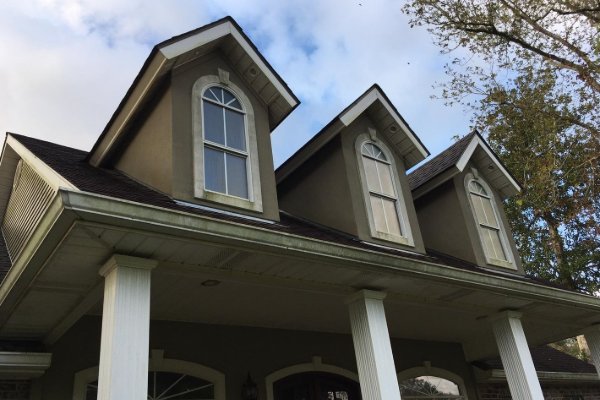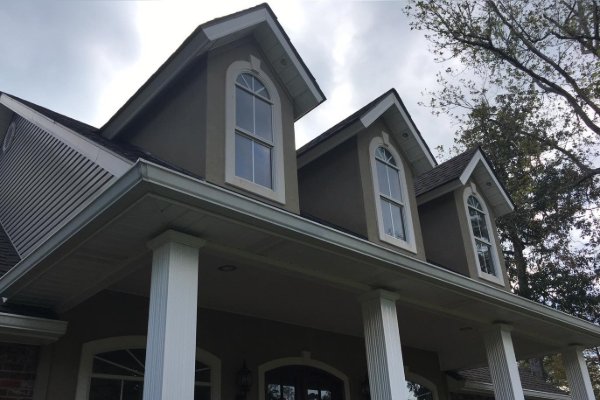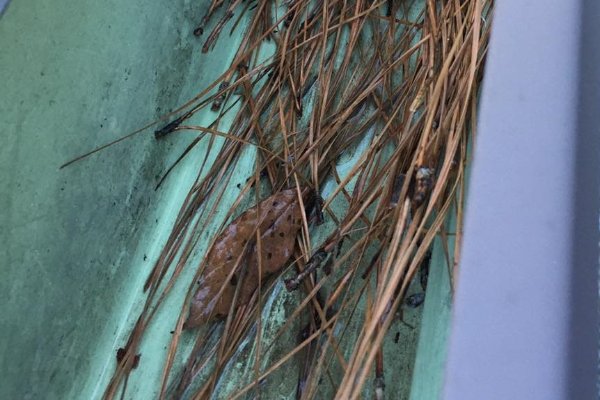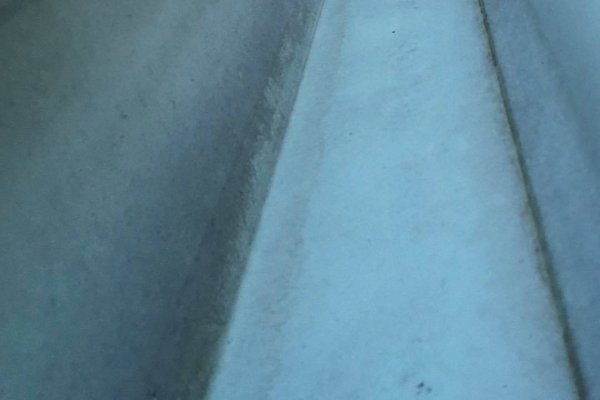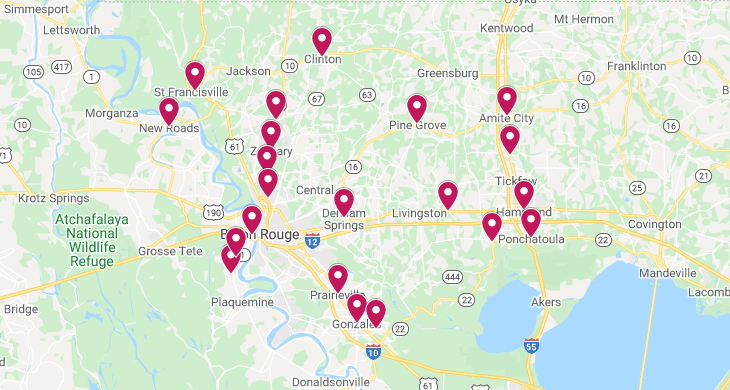The Downside of Pressure Washing Roof Shingles: What You Should Consider
The first step to having a roof that looks great and lasts for years is to have your roof cleaned. The most common way of cleaning it, however, might not be the best solution. Pressure washing roof shingles can cause significant damage to roofs by stripping away the sealant and leaving them vulnerable. Soft washing on the other hand is a gentle, low-pressure cleaning method that uses safe and eco-friendly detergents to clean your roof. It’s a great option for those who want to avoid using high pressure or harsh chemicals on their roof.
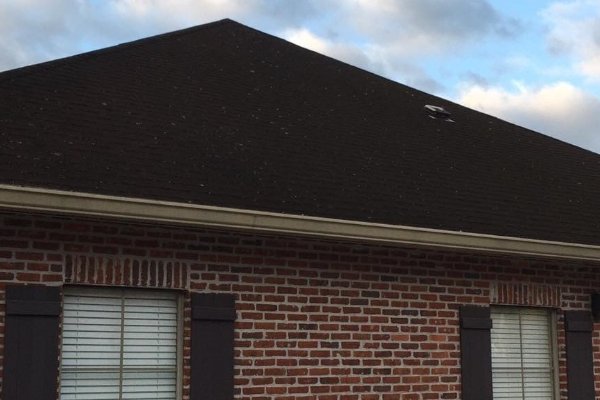
There are several downsides of pressure washing your roof that you should consider before making the decision to do so. The first is that it can strip away the sealant that is protecting your roof. This can leave your roof vulnerable to water damage, as well as to the growth of mold and mildew. Pressure washing can also cause serious damage to the shingles themselves, making them more likely to break or come loose. Finally, pressure washing can be dangerous if not done properly, so it’s important to make sure you know what you’re doing before you attempt it.
If you’re considering having your roof cleaned, be sure to weigh the pros and cons of pressure washing vs. soft washing before making a decision. Soft washing is a safer and more effective way to clean your roof and keep it looking its best for years to come.
Pressure washing your roof can be tempting, especially if you’re trying to save money. But before you do, be sure to consider the downsides. Pressure washing can damage your roof, leaving it vulnerable to water damage, mold, and mildew. It can also damage the shingles themselves, making them more likely to break or come loose. And finally, pressure washing can be dangerous if not done properly. If you’re not sure what you’re doing, it’s best to leave it to the professionals.
Soft washing is a safer, more effective way to clean your roof and keep it looking its best. It’s also more affordable than you might think. So before you pressure wash your roof, be sure to consider the benefits of soft washing. It could save you time, money, and a lot of headaches in the long run.
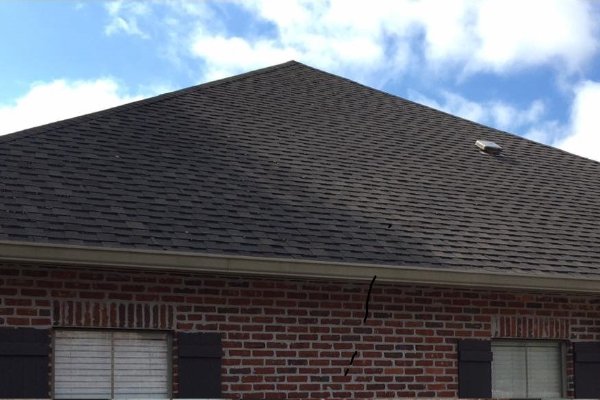
If you’re still set on pressure washing your roof, there are a few things you can do to minimize the damage. First, make sure you use a low pressure setting and don’t stay in one spot for too long. Second, use a nozzle with a wide spray pattern to avoid concentrated pressure on any one area. And finally, always use a detergent designed for pressure washing roofs – using a general purpose cleaner can cause even more damage.
If you’re not sure whether soft washing or pressure washing is right for your roof, it’s a good idea to contact to a professional roofing contractor. They can help you assess the condition of your roof and recommend the best course of action. In most cases, soft washing is the best option for roofs that are in good condition and don’t have any serious damage. However, if your roof is older or has sustained significant damage, pressure washing may be necessary to remove all the dirt and grime. Either way, be sure to have your roof cleaned by a professional to ensure it lasts for years to come.
https://www.google.com/maps?cid=4043551226129736975
Arnold Rd, Walker, LA 70785, United States
+1 225-316-2282
https://superiorsoftwashsolutions.com/
